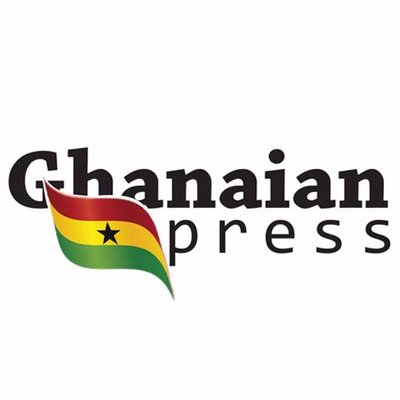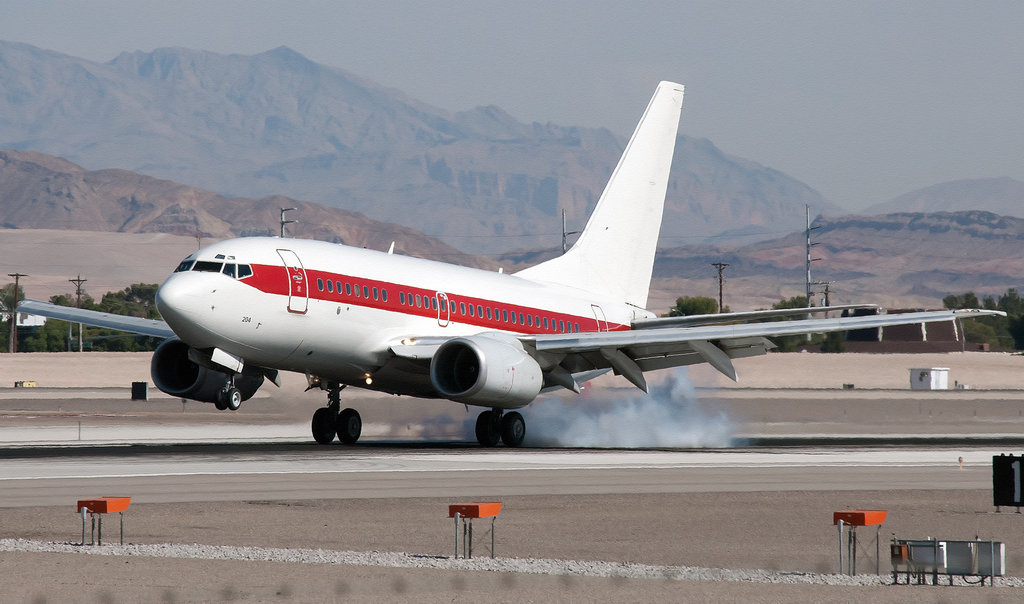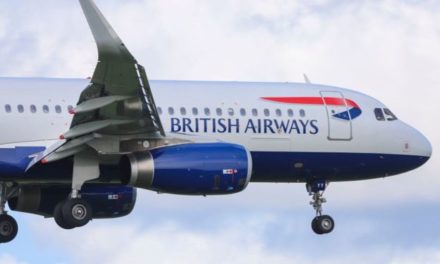According to reports by the News Agency of Nigeria, NAN, Hadi Sirika, the Minister of State for Aviation has confirmed that Nigeria’s carrier airline will launch before the end of 2018 via a public-private partnership. Sirika stated this last week as he received the Outline Business Case Certificate of Compliance for the establishment of the airline from the Director General of Infrastructure Concession Regulatory Commission, ICRC), Chidi Izuwah.
The proposed airline will cost over $308 million; $8.8 million preliminary cost and $300 million as startup cost for over the next three years, the bulk of which would be contributed by the federal government. The rest will be contributed by an investor, a strategic partner yet unknown, with external capital input dependent on the profitability of the airline in the next few years.
“The airline will make profit in three years after operations,” Sirika said. “We will make the investments and follow the business plan through private sector management. Though you need that initial government financing for take off, what is important is that the national carrier will be entirely private sector controlled. There will be zero government interference. If that happens, it invalidates the certificate and the entire process,” he explained.
The intent is for the national carrier to have a fleet of 30 aircrafts in five years, but for a start, the country will receive a set of five airplanes on the 19th of December 2018. As stated by Sirika, the name, logo, colour scheme, structure and the type of airplanes for the carrier will be unveiled at the Farnborough International Public Airshow on Wednesday the 18th of July in London. And an order for aircrafts will also be made at the event.
Over the years, especially since the advent of the current administration, there have been talks and debates over the relaunch of the currently defunct national carrier. While the argument for and against the idea of a relaunch are both strong, the pros of having one far outweigh the cons. As proposed by aviation consultant, Ali Mohammed Magashi, during the Colloquium on Aviation last year, a national carrier should not only be seen or established solely as a profit-making venture but as a catalyst for growth and development of other sectors of the economy.
Think tourism; countries like Dubai, Kenya, Singapore, and Ethiopia have successfully made their airlines their main brands by promoting their national identity on their national aircrafts. Think job creation and manpower development; a national carrier will provide jobs and training opportunities for pilots, engineers, flight attendants, and booking agents. It is also pivotal to the establishment of, and partnership with other auxiliary services like catering companies, aircraft insurance firms, airport management, and fuel suppliers. Little wonder that the aviation industry supports about 60 million jobs around the world.
According to the World Bank, every one percent of government fund spent judiciously on infrastructure leads to an equivalent one percent growth in Gross Domestic Product. This means there’s an interaction between meaningful inputs in infrastructure development and a country’s economic growth. Like other countries with thriving national airlines, Nigeria can double down on revenue in sectors like tourism with a successful national carrier and consequently improve its GDP.
Minister Sirika noted that Nigeria’s population of over 180 million people is big enough to support aviation. In addition, the relaunch of a national carrier would mean the proper utilisation of the Bilateral Air Service Agreement, BASA, signed by the Nigerian government with over 70 countries. According to him, the national carrier will also take advantage of the Africa Single Air Transport Market and will be the best player if the government gets it right. “But if we don’t, it will become a threat to us. But I believe we are on the right track. It will be a world-class airline with domestic, regional and international operations,” he said.






Facebook Comments